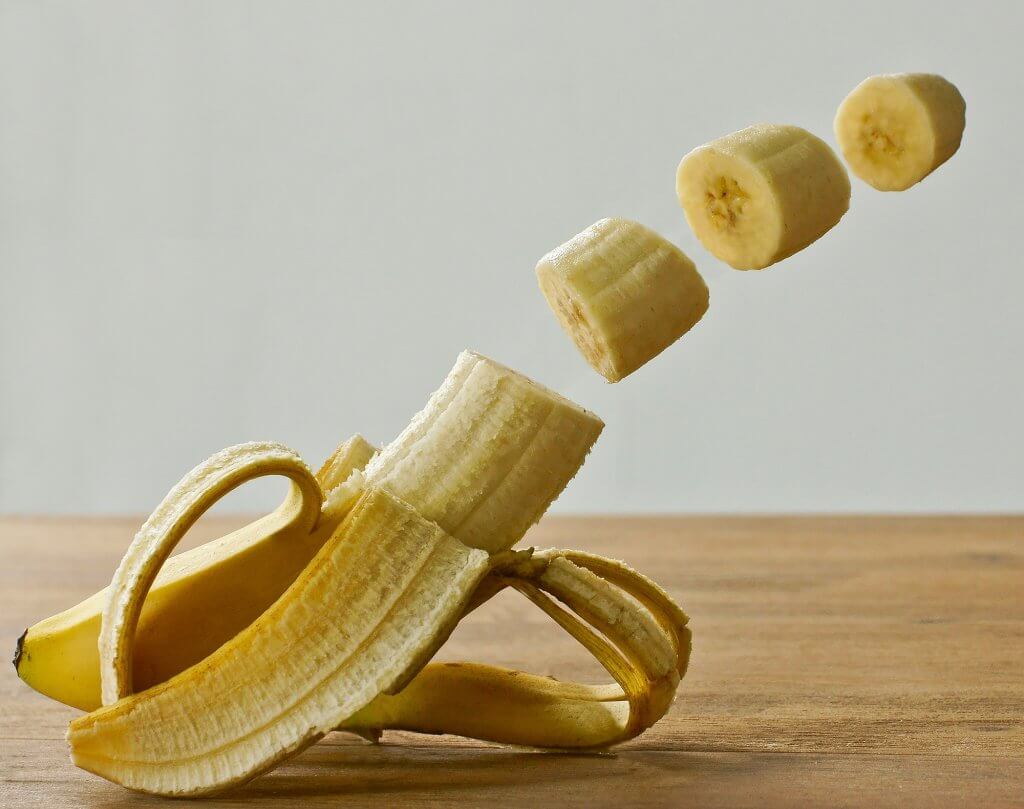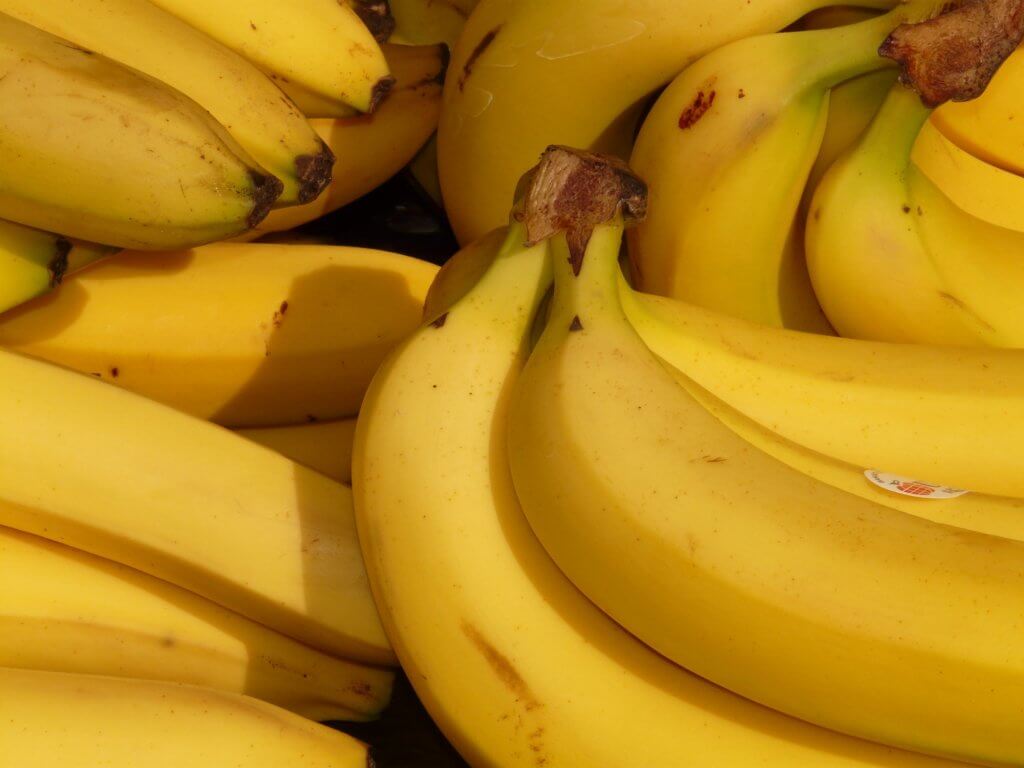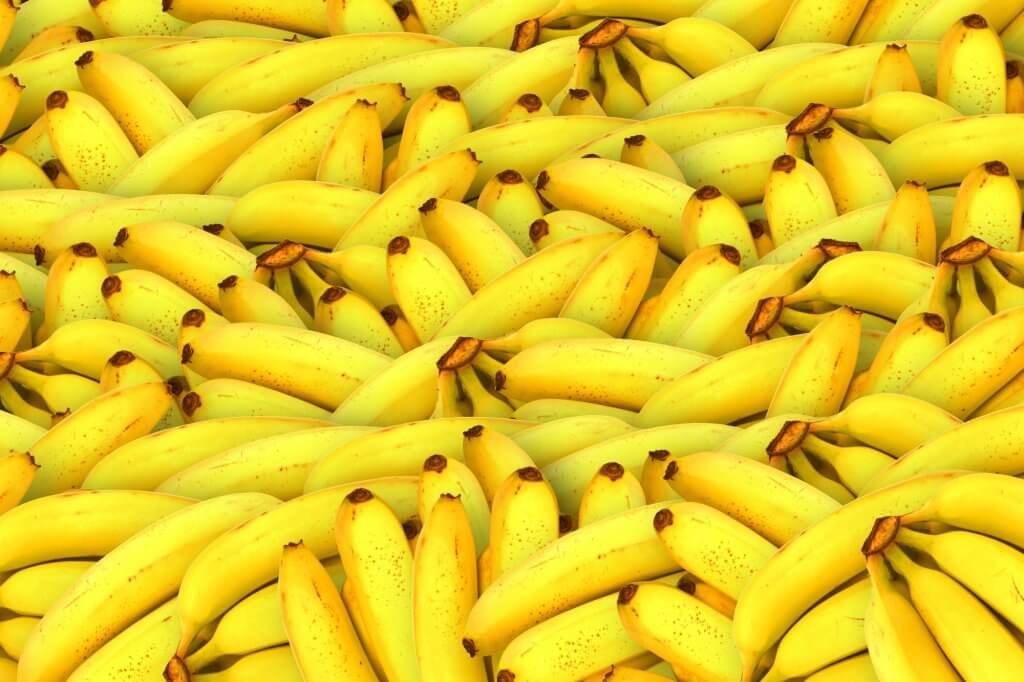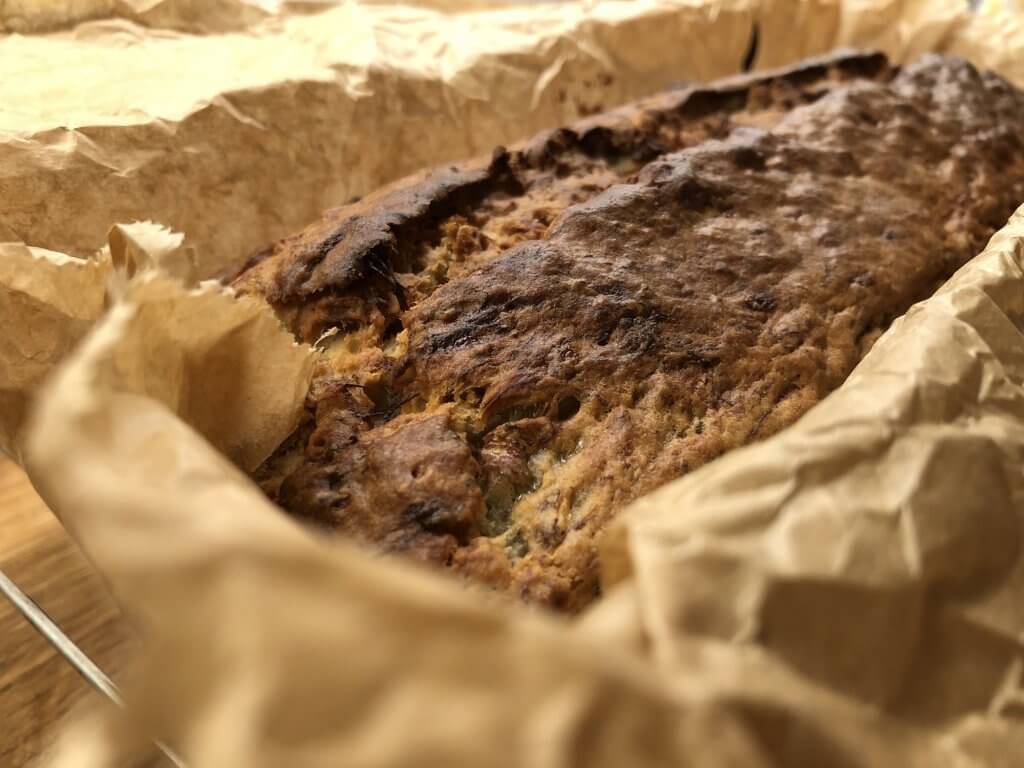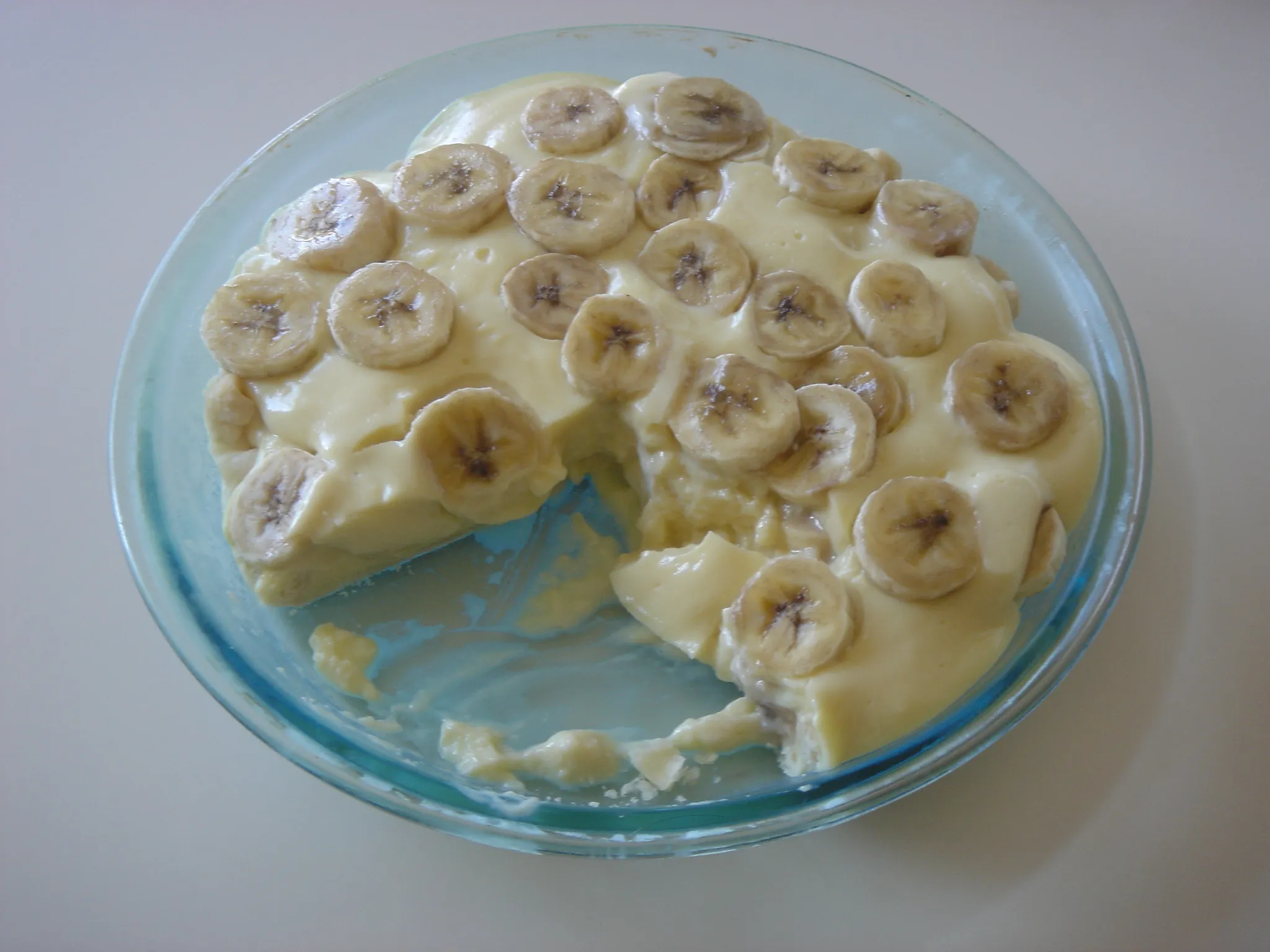
Are you in the middle of baking a delicious banana bread recipe but find yourself without any ripe bananas? Don’t worry, because I’ve got some great news for you! In this article, we’ll explore whether you can use banana extract as a substitute for fresh bananas. Whether you’re dealing with a banana shortage or simply prefer the convenience of using extract, we’ll discuss everything you need to know about using banana extract in your recipes. So, let’s dive in and find out if banana extract can be a worthy alternative to bananas in your baking adventures.
Have you ever wondered if you can swap out fresh bananas for banana extract in your favorite recipes? Well, wonder no more! In this article, we’ll delve into the world of banana extract and its potential as a substitute for the real deal. From the flavor profile to the recommended usage, we’ll cover all the essential details you need to know. So, if you’re curious about using banana extract instead of bananas, keep reading to discover whether it’s a viable option for your culinary experiments.
Banana extract vs. fresh bananas: the ultimate showdown! If you’ve ever found yourself in a situation where you’re out of bananas but still craving that delicious banana flavor, you’re not alone. In this article, we’ll compare the pros and cons of using banana extract versus fresh bananas in your recipes. Whether you’re a seasoned baker or just starting out, understanding the differences between these two options can help you make an informed decision in the kitchen. So, let’s settle the debate once and for all and find out if banana extract can truly replace the real thing.
What is Banana Extract?
If you’re curious about using banana extract as a substitute for fresh bananas in your baking recipes, it’s important to understand what banana extract actually is. Banana extract is a concentrated flavoring derived from ripe bananas. It is typically made by mashing or puréeing bananas and then extracting the flavor through a process of distillation or maceration.
Here are a few key points to know about banana extract:
- Intense flavor: Banana extract has a more concentrated and intense flavor compared to fresh bananas. This means that a little goes a long way in terms of adding banana flavor to your recipes.
- Versatile ingredient: Banana extract is a versatile ingredient that can be used in a wide range of recipes, including cakes, muffins, breads, smoothies, and even cocktails. It can also be used to enhance the flavor of frostings, sauces, and ice creams.
- Long shelf life: One of the advantages of using banana extract is its long shelf life. While fresh bananas have a limited lifespan, banana extract can be stored for a longer period of time without losing its flavor.
- Consistency: Unlike fresh bananas, banana extract provides a consistent flavor profile. This can be particularly useful when you want to achieve a specific level of banana flavor in your baked goods.
- Easy to use: Banana extract is easy to incorporate into your recipes. Simply measure out the desired amount and add it to your batter or mixture. Remember to use it sparingly, as the flavor can be quite strong.
How is Banana Extract Made?
If you’re curious about how banana extract is made, you’ve come to the right place! Banana extract is a concentrated flavoring derived from ripe bananas, and it’s made through a process of distillation or maceration.
Distillation is one of the methods used to make banana extract. In this process, the juice from ripe bananas is extracted and then distilled to separate the alcohol and water from the banana flavor. The resulting liquid is then concentrated to create the banana extract.
Maceration is another common method used to make banana extract. In this process, ripe bananas are sliced or mashed and soaked in a solvent, typically alcohol, to extract the flavor. The mixture is then left to sit for a period of time, allowing the alcohol to absorb the banana flavor. After the desired flavor is achieved, the liquid is strained and concentrated to create the final banana extract.
Both distillation and maceration methods can produce high-quality banana extract with a strong and authentic banana flavor. The choice of method may vary depending on the manufacturer and their desired flavor profile.
One of the advantages of using banana extract is that it captures the essence of ripe bananas in a concentrated form. This allows you to add a burst of banana flavor to your recipes without the need for fresh bananas. Banana extract is also known for its long shelf life, making it a convenient ingredient to have on hand for all your baking needs.
Does Banana Extract Taste Like Real Bananas?
If you’ve ever wondered if banana extract can truly capture the delicious flavor of fresh bananas, you’re not alone. Many baking enthusiasts and home cooks are curious about whether banana extract can be a suitable substitute for real bananas in their recipes. Let’s dive into the world of banana extract and explore its taste profile.
Intense Banana Flavor: Banana extract is known for its intense flavor, which closely resembles the taste of ripe bananas. It is made using a process called distillation or maceration, where the essence of ripe bananas is extracted and concentrated. This concentrated flavor gives banana extract its strong and distinct taste, making it a popular choice for adding a punch of banana flavor to baked goods.

Consistent Flavor Profile: One of the advantages of using banana extract is that it provides a consistent flavor profile. Unlike fresh bananas, which can vary in sweetness and intensity of flavor depending on their ripeness, banana extract allows for precise control over the level of banana flavor in your recipes. This consistency is especially helpful when you want to achieve the perfect balance of flavors in your baked goods.
Versatility in Recipes: Banana extract can be used in a wide range of recipes, including cakes, muffins, bread, ice cream, and more. Its concentrated nature means that you only need to use a small amount to achieve the desired banana flavor. This versatility makes banana extract a handy ingredient to have in your pantry, especially when fresh bananas are not readily available or when you want a stronger banana taste.
Long Shelf Life: Another benefit of using banana extract is its long shelf life. Unlike fresh bananas that can quickly ripen and spoil, banana extract can be stored for a considerable amount of time without losing its flavor. This makes it a convenient option for those who want to have a reliable source of banana flavor on hand at all times.
So, if you’re wondering whether banana extract can truly taste like real bananas, the answer is a resounding yes! Its intense flavor, consistent profile, versatility in recipes, and long shelf life make it a viable substitute for fresh bananas in many culinary creations. Next, let’s explore the pros and cons of using banana extract versus fresh bananas to help you decide which option is best for your baking adventures.
How to Use Banana Extract in Recipes
Now that you know the benefits and versatility of banana extract, let’s dive into how you can use it in your favorite recipes. Whether you’re a baking enthusiast or just love the flavor of bananas, banana extract can be a fantastic addition to your culinary adventures. Here are some tips on incorporating banana extract into your recipes:
- Enhancing the flavor: Banana extract can intensify the flavor of your baked goods, giving them a rich and authentic banana taste. When using it in recipes, start with a small amount and gradually increase it until you achieve the desired level of banana flavor.
- Substituting fresh bananas: If you don’t have fresh bananas on hand, banana extract can come to the rescue. Replace mashed bananas with a smaller amount of banana extract to maintain the taste while reducing the moisture content. As a general rule, 1 teaspoon of banana extract is equivalent to 1 medium-sized banana.
- Adding to frostings and fillings: Banana extract can elevate the taste of frostings, fillings, and cream-based desserts. Incorporate it into your cream cheese frosting, pastry creams, or custards for a delightful banana twist.
- Experimenting with beverages: Get creative and use banana extract to enhance the flavor of your smoothies, milkshakes, or cocktails. Just a few drops can make a noticeable difference in the overall taste.
- Storing and shelf life: Remember to store your banana extract in a cool, dark place to maintain its flavor and potency. With its long shelf life, you can enjoy the goodness of banana extract for a considerable amount of time.
By incorporating banana extract into your recipes, you can enjoy the taste of bananas all year round, even when fresh ones are not available. So, go ahead and experiment with this versatile ingredient in your baking and cooking endeavors. From moist banana bread to creamy banana pudding, the possibilities are endless with banana extract.

Comparing the Pros and Cons of Using Banana Extract vs. Fresh Bananas
« How to Make Homemade Banana Bread: Step-by-Step Video Recipe
Step-by-Step Guide: Delicious Banana Cream Pie Recipe with Vanilla Wafers »
If you’re wondering whether you can use banana extract instead of fresh bananas in your baking recipes, it’s important to consider the pros and cons of each option. Both have their own unique qualities and can bring different flavors to your dishes. Let’s take a closer look at how banana extract and fresh bananas compare:
Pros of Using Banana Extract:
- Intense Flavor: Banana extract is known for its concentrated flavor, which can add a burst of banana goodness to your recipes. Just a small amount of extract can deliver a powerful punch of banana flavor.
- Consistent Flavor Profile: Unlike fresh bananas, banana extract provides a consistent flavor profile every time you use it. This means that you can achieve a consistent banana taste in your recipes, regardless of the availability or ripeness of fresh bananas.
- Versatility: Banana extract can be used in a wide range of recipes, from cakes and muffins to smoothies and ice creams. Its versatility allows you to experiment with different flavors and create delicious banana-infused treats.
- Long Shelf Life: One of the major advantages of banana extract is its long shelf life. Unlike fresh bananas that can quickly ripen and spoil, banana extract can be stored for a long time, ensuring that you always have the flavor of bananas on hand.
Cons of Using Banana Extract:
- Lack of Texture: While banana extract can provide the flavor of bananas, it cannot replicate the texture that fresh bananas bring to recipes. If you’re looking for the moistness and softness that fresh bananas provide, banana extract may not be the best substitute.
- Artificial Ingredients: Some banana extracts may contain artificial ingredients and additives. It’s important to read the labels and choose a high-quality banana extract that is made from real bananas and doesn’t contain any unnecessary additives.
- Cost: Banana extract can be more expensive than fresh bananas, especially if you’re buying a high-quality extract. However, considering its long shelf life and concentrated flavor, a little goes a long way, making it a cost-effective option in the long run.
Now that you have a better understanding of the pros and cons of using banana extract versus fresh bananas, you can make an informed decision based on your preferences and the specific requirements of your recipe. Whether you choose to use banana extract or fresh bananas, both options can bring the delightful flavor of bananas to
Conclusion
Using banana extract as a substitute for fresh bananas in baking recipes offers a variety of benefits. Its intense flavor and consistent flavor profile make it a versatile ingredient that can enhance the taste of your dishes. Additionally, banana extract has a long shelf life, allowing you to enjoy the taste of bananas all year round.
While banana extract may not replicate the texture of fresh bananas, it still provides a burst of banana flavor in recipes. It can be used to substitute fresh bananas, added to frostings and fillings, or even experimented with in beverages.
When using banana extract, it is important to choose a high-quality option made from real bananas. This ensures that you are getting the best flavor and avoiding any potential artificial ingredients.
Another advantage of using banana extract is its cost-effectiveness. A small amount of extract can go a long way, making it a more economical option compared to buying fresh bananas.
Banana extract can be a viable alternative to fresh bananas in your culinary experiments. It offers a convenient and flavorful way to incorporate the taste of bananas into your recipes. So go ahead, get creative, and enjoy the deliciousness that banana extract can bring to your baking adventures!








